If you enjoy Ghost Bites, then make sure you’re on the mailing list for a daily dose of market insights in Ghost Mail. It’s free! SIGN UP >>>
Aspen closes a €1.26bn syndicated loan facility
The 2018 facility has been successfully refinanced
When dealing with international groups, the debt structures become extremely complicated.
Aspen’s 2018 facility was a multi-currency facility that included EUR, ZAR and AUD facilities with tenors of three to four years, with extension options available.
The facilities have now been consolidated into a single facility agreement. Through a syndication process, other banks took some of the debt and allowed the initial lenders to take money back off the table. This is how large banks earn delicious fees on debt structuring.
The lead arrangers were Citi, RMB, MUFG Bank (Europe) and Nedbank. There were eighteen lenders who committed to the facilities from various countries. These were banks with which Aspen already held relationships.
Yamana Gold’s board changed its recommendation
The $300 million break fee is now receivable (around 3.6% of Gold Fields’ market cap)
After months of Gold Fields working the market to try and drum up shareholder support for a transaction, this deal has fallen over in the space of a couple of days. Welcome to the joy and pain of M&A.
If you have been reading Ghost Bites this week, you’ll know that the Yamana Gold board told the market that the competing bid for the company is a superior offer to what Gold Fields had put forward. Despite this, the Yamana board hadn’t changed its recommendation to shareholders to vote in favour of the deal.
At 4pm on Tuesday afternoon, Gold Fields announced that Yamana’s board had changed its stance on the deal. Shareholders were now being told to rather vote against the Gold Fields transaction. At 5:50pm after the market closed, Gold Fields announced the termination of the deal with Yamana and the triggering of the $300 million break fee.
With Gold Fields’ market cap at R137 billion, that’s a rather juicy 3.6% of the market cap just in the break fee. We will find out on Wednesday morning whether the share price will shoot back up to pre-transaction levels.
I have a decent chunk of money in Gold Fields and I’m sincerely hoping that this will be the case.
Hammerson’s trading update looks promising
The primarily British property fund is enjoying strong tenant demand
Hammerson released a Q3 trading, operational and rent collection update. It was enough to send the share price more than 7% higher.
The company expects FY22 adjusted earnings to be at least £100 million. Thus far this year, gross rental income is up 11% in this inflationary environment.
There’s an improvement in footfall in UK and Ireland to 90% of 2019 levels. France is at 95%. Due to changed shopping habits (higher spend per visit) and the inflation we are seeing in the market, sales are above 2019 levels.
Demand for prime space is still high, with group occupancy at 95%. The pipeline for Q4 is strong. More than half of leasing activity this year has been to non-fashion categories, although fashion remains core to Hammerson’s offering.
With rent collections at 93%, the company expects rates to improve further by the end of the full year.
In terms of property valuations, yields were stable this quarter. That’s a bit different to what we saw in the Capital & Counties update, for example.
As is the case with so many property funds, Hammerson is busy with disposals of non-core assets.
Murray & Roberts pops 17% on news of a sale of Clough
The proposed sale of Clough Limited solves a lot of problems
As we recently learnt, the major challenges in the business that have taken Murray & Roberts into a loss-making position are found in the Energy, Resources and Infrastructure platform. This platform comprises “substantially” the group’s interest in Clough Limited, the Australian business in the group.
Murray & Roberts has agreed to sell 100% of Clough to Webuild, a multinational Italian industrial group that is clearly very brave. The Italians have worked with Clough on many projects over the years.
This is a get-out-of-jail deal that pays a modest amount to Murray & Roberts for the business. The value placed on the business is around R4 billion but Murray & Roberts will only receive around R5.5 million in cash. The rest of the price is discharged through the cancellation of an outstanding intercompany loan account.
Webuild will extend an interim loan facility of A$30 million to Clough.
The net result is no residual exposure to Clough. Murray & Roberts’ only remaining exposure to Australia will be through RUC Cementation Mining.
This is a Category 1 transaction for Murray & Roberts and shareholders will therefore need to vote to approve the deal.
Murray & Roberts invested in Clough in 2003, so this has been a long-standing relationship. In 2013, Murray & Roberts bought out the remaining 38.4% interest in Clough at a valuation of A$1.13 billion (R12.7 billion at today’s exchange rate).
If anyone from Murray & Roberts needs to drown their sorrows at a bar, there are many other South African execs ready to share war stories of value destruction in Australia.
Redefine guides modest growth for FY23
The share price is down around 8.5% this year
I must apologise for missing Redefine’s results in Monday’s edition of Ghost Bites. I’m covering it here to make sure you’ve seen them. In other words, this news is outdated by one day.
Redefine is focused on the South African and Polish markets. The local assets are valued at R58.9 billion and the offshore assets are R30 billion, representing a third of total exposure.
Within the South African portfolio, 41% is in retail, 38% in office and 20% in industrial property. There’s 1% sitting in specialised properties. Office vacancies remain a significant worry, up from 12.9% in August 2021 to 14.4% in August 2022.
In support of the balance sheet and to reduce loan-to-value (LTV), Redefine has been selling off non-core properties. The LTV has improved from 42.4% to 40.2% year-on-year. With interest rates rising, this is critical. The average cost of rand-denominated funding has increased from 8.1% to 8.7%.
For the year ended August, group distributable income grew by 26.1%. On a per share basis though, it only increased by 1.4%. The dividend per share is 28.5% lower in this period.
Guidance for next year is distributable income per share of between 54.2 cents and 56.4 cents. This is modest growth of the FY22 number of 53.71 cents. A payout ratio of between 80% and 90% is expected.
Little Bites:
- Director dealings:
- A prescribed officer of Sibanye has entered into a derivative structure with a value of R49.5 million. It looks like a structure that protects against volatility in the position rather than taking a view on a specific direction.
- Des de Beer has acquired a further R255k in Lighthouse Properties.
- A director of Impala Platinum has disposed of shares worth R30k.
- Value Capital Partners has bought another R117k worth of ADvTECH shares (they have board representation at the company).
- Renergen’s stock was halted from trading on the ASX based on a non-material capital raise that the company was contemplating. Renergen notes that it had already decided not to proceed with the raise by the time the trading halt was implemented, so the company applied to the ASX for the trading halt to be lifted and expects normal trading to resume on Wednesday.
- If you would like to read Alphamin’s interim financial statements, you’ll find them at this link>>>
- Between 31 October and 4 November, Naspers repurchased nearly R1 billion worth of shares and Prosus repurchased €262 million in shares.
- An employee at Harmony Gold’s Tshepong North mine tragically lost his life in a fall of ground incident. This is another reminder that mining is still a dangerous industry, despite all the precautions taken by mining companies.
- Attacq is the latest company to implement a secondary listing on A2X. The primary listing on the JSE is unchanged.



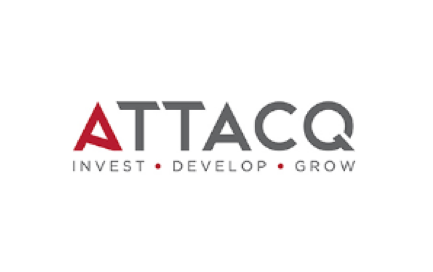
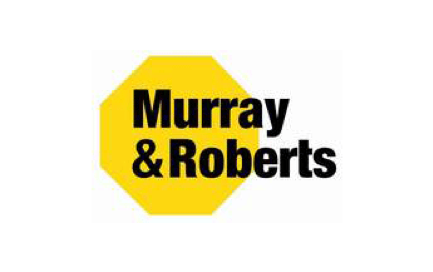
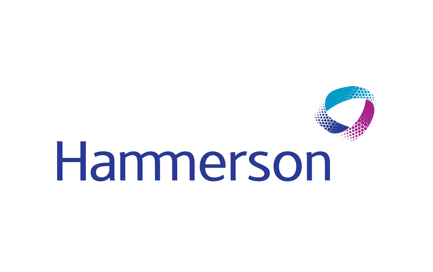

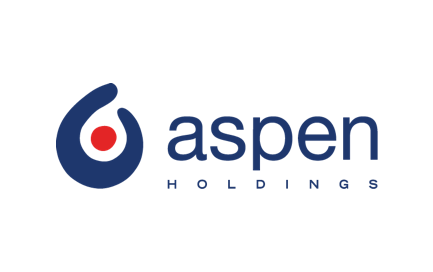

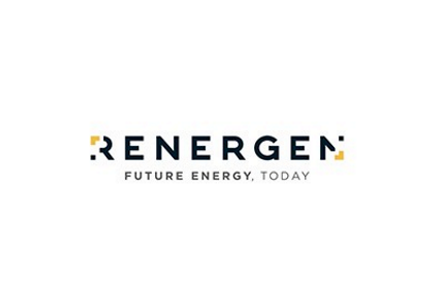
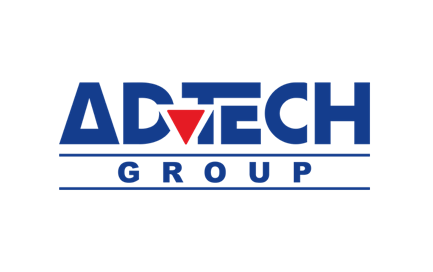
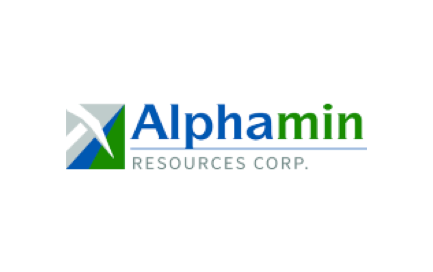
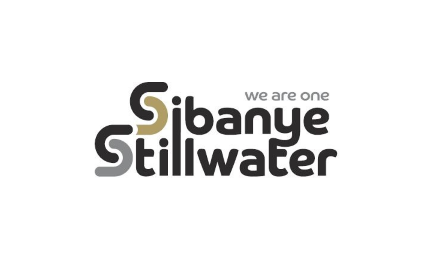
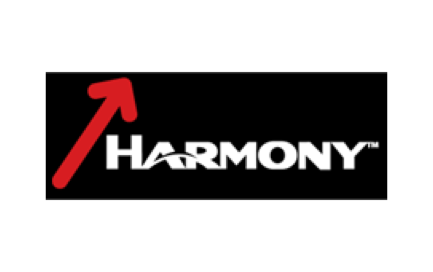
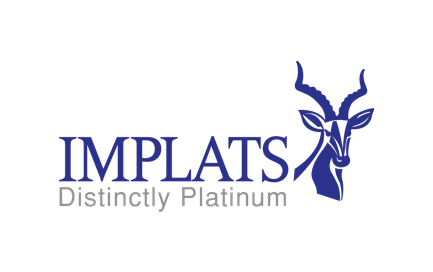
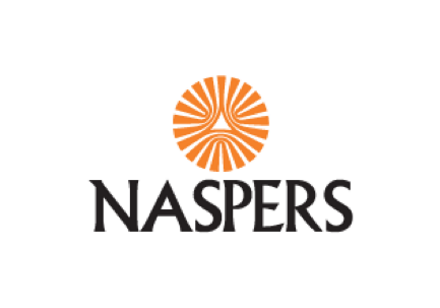
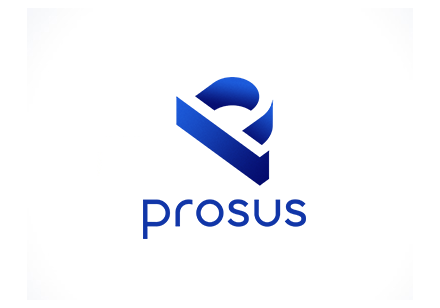


Good morning mr. Ghost. You wrote Gold Fields market cap is R137 million; I believe it should be R137 Billion.
Whoopsie! Thanks so much – fixed. And the share price action this morning was positive as I had hoped, just not quite as positive as I thought it might be.